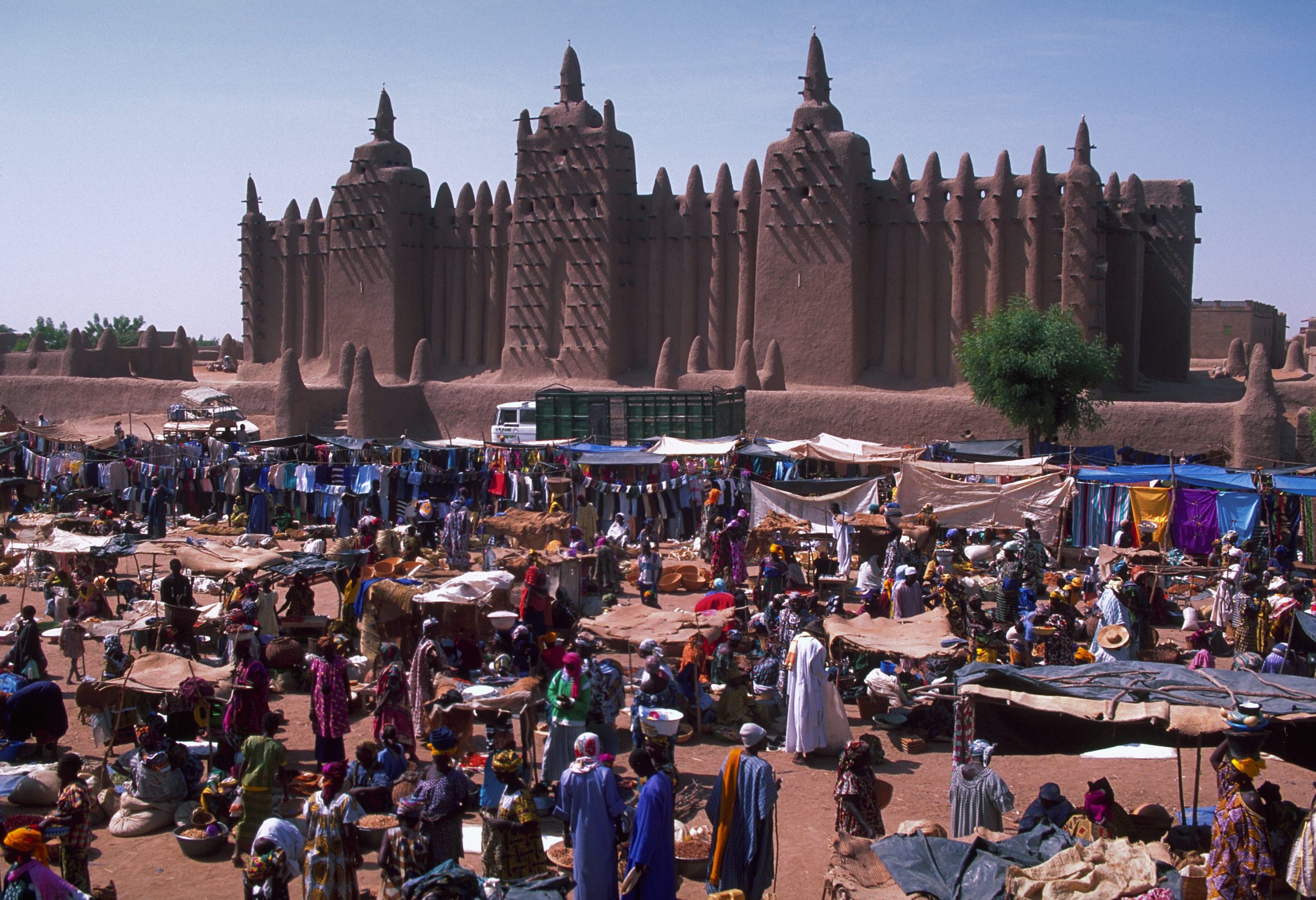Mali a vast Sahelian country has been rocked by mass protests in the recent days with Malians taking to the streets after Colonel Assimi Goïta called for protests against harsh sanctions imposed by the West Africa regional bloc ECOWAS over delayed elections. In the capital Bamako, thousands of its citizens wearing the national colors of red, yellow and green gathered in the central square, for a rally staged by the military government, and sang patriotic songs this past week.
In spite of Mali having the third largest gold mining sector in Africa, Mali still struggles with having a low-income economy that is undiversified and is always vulnerable to commodity price fluctuations. Its rapid population growth and climate change pose a threat to agriculture and food insecurity. COVID-19 disrupted economies of the world and Mali also suffered major setbacks and this revolution will only worsen the already struggling nation.
In 2020, the Malian economy slipped into a recession, its real GDP being estimated at -1.6% thereby reflecting the adverse effects of the pandemic, the sociopolitical crisis, as well as weak agricultural output. It is during this period that a 5% increase in poverty was experienced in the nation however, Mali being an oil importing and gold exporting country, lower crude prices and higher gold prices improved the terms of trade in 2020.
With the availability of vaccines to counter the COVID-19 problem, it is estimated that 2022 will be a good recovery year for Mali with real GDP expected to grow by 5.7% according to Africa Development Bank.
The sanctions left the landlocked country isolated economically and struggling to import goods after neighbors closed borders and cancelled flights and this ought to have detrimental effects on its capacity to trade regionally and internationally which could stir more unrest.
All hope is not lost for this landlocked country as two nations (Guinea and Mauritania) who are not members of the regional bloc have reaffirmed their active solidarity with Mali after the ECOWAS sanctions. Guinea was suspended from the economic bloc in 2021 after the ousting of President Alpha Conde in a coup, while Mauritania is not a member as well hence not bound by the put in place sanctions.
What remains now, is to see is how these two countries will navigate trade between them and Mali. “Mali has some options to circumvent the restrictions but you would have to look at current trade volumes between Mali and it’s Non –ECOWAS neighbors and compare with a likely increase should this cooperation heighten. Mali is looking to boost ties with Mauritania and has been given an opening by Guinea. Both have ports, which would allow Mali import and export.” says Beverly Ochieng of BBC monitoring.
Mali is also increasingly looking to Russia, which is providing security support both openly through defense cooperation agreements and covertly through mercenaries. In the short term, this is looking beneficial as there has been an uptick in central Mali security operations, but while examining the role Russia is playing in the Central African Republic, there is a likelihood of rising cases of human rights abuses.
“This is a concern for regional security. Chad and Niger have expressed reservations about the deployment of the Wagner Group. This could undermine cooperation under the G5 Sahel. If there’s no defense coordination, areas that have been prone to attacks by al-Qaeda and Islamic State could experience more violence,” Beverly adds
Most Malians blame ECOWAS for failing to initially recognize the complex security problems and for constantly upholding institutions and leaders responsible for Democratic failure as legitimate figures. And although both sides seem open to dialogue, ECOWAS needs to have more realistic demands towards Mali that ensure support and accountability.

